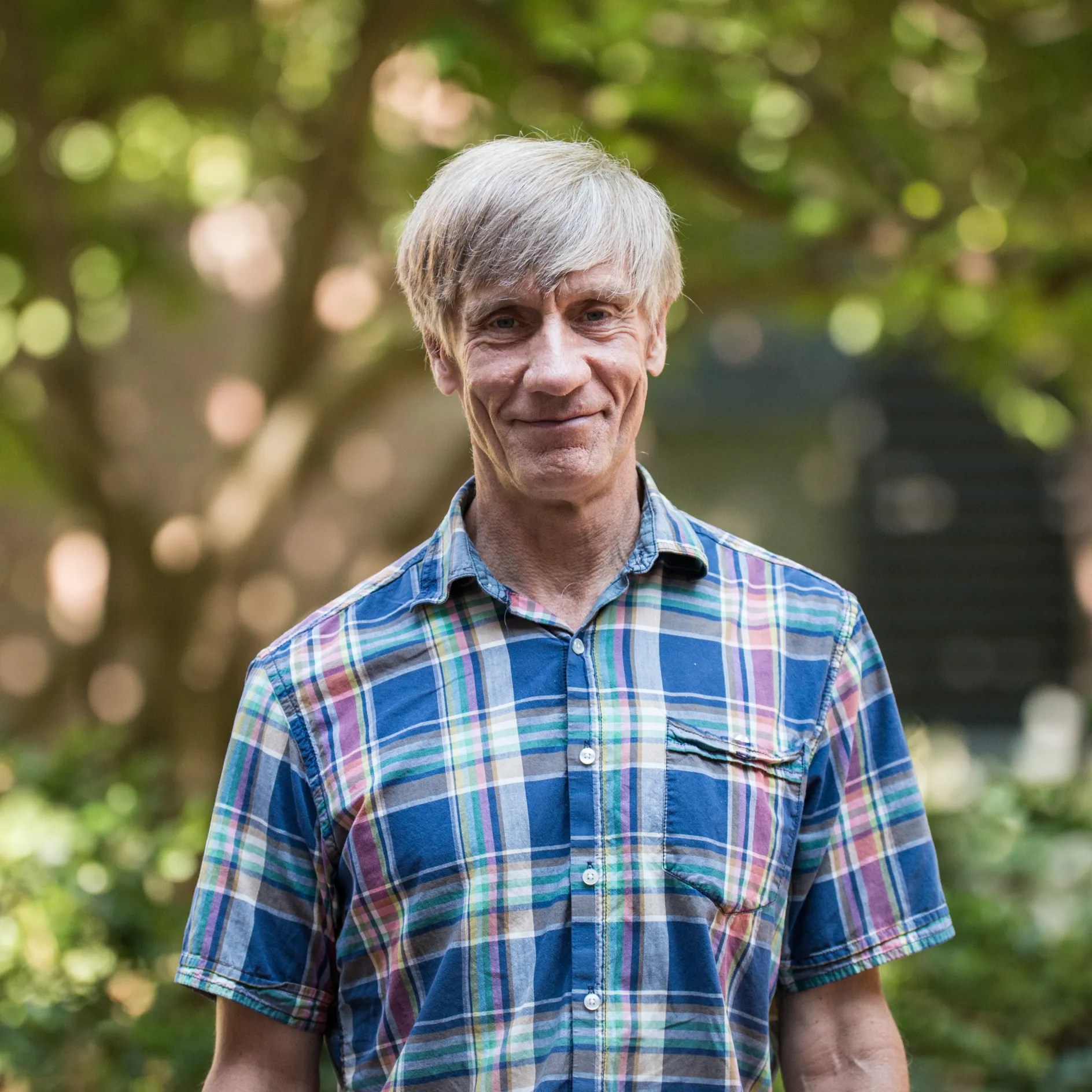Professor Carlsson's research interests are focused on modeling the polymerization processes that bend the membranes of cells. This work is being performed in collaboration with Professor John Cooper at the Washington University School of Medicine.
Professor Carlsson's work in biophysical modeling treats the molecular-scale processes that allow cells to move, divide and ingest nutrients from outside the cell. These processes involve the formation of branched polymer networks, or parallel bundles, of the protein actin. The phenomena are being modeled by a combination of Brownian dynamics and stochastic growth simulation, and analytic theory. The main current aim of the modeling is to understand how actin polymers provide force to drive endocytosis, a ubiquitous process which brings nutrients into the cell.


